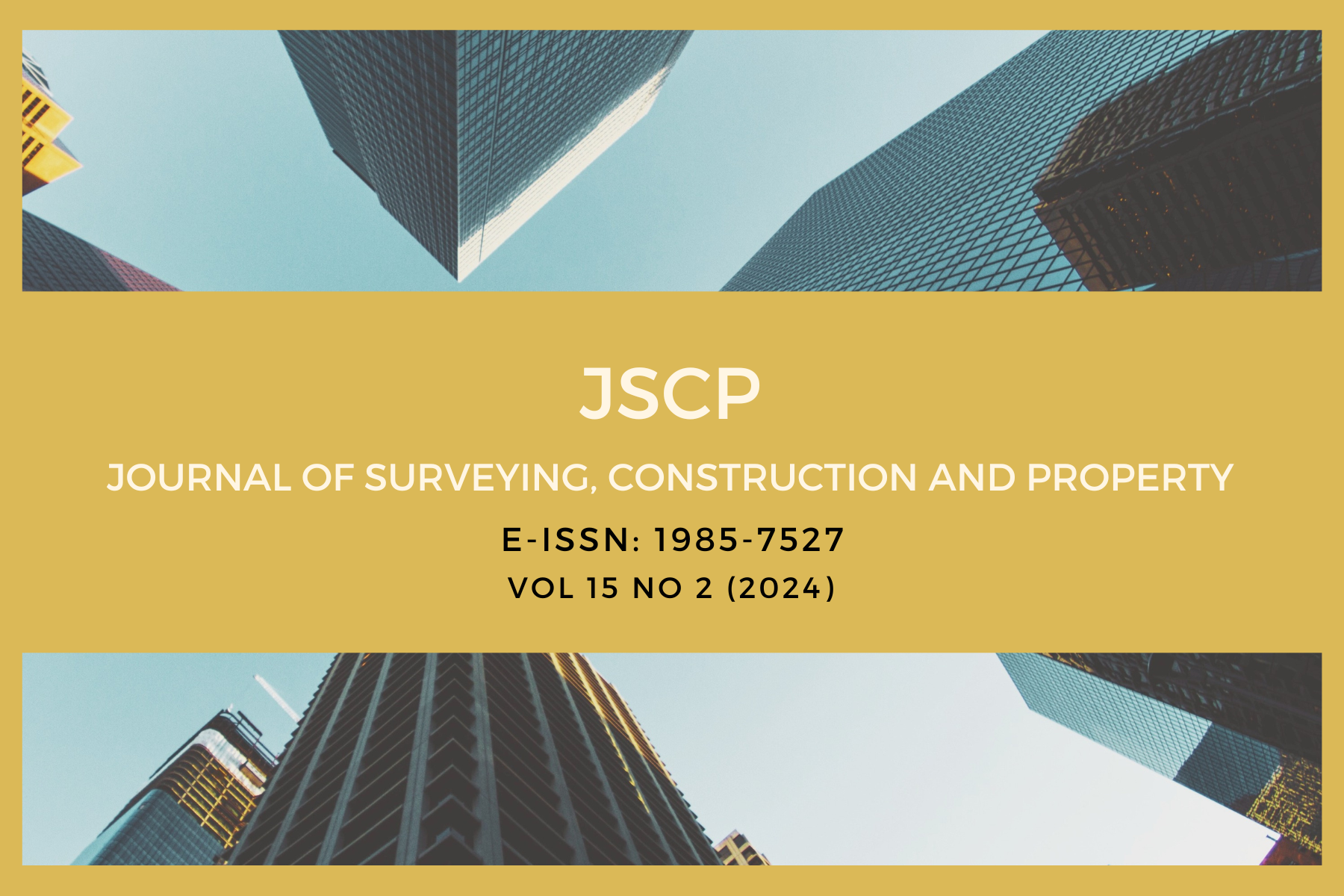EVALUATING THE EFFECTIVENESS OF EXISTING LEGAL INSTRUMENTS ON ENHANCING WOMEN’S RIGHTS TO LAND AND PROPERTY IN JOS, NORTH CENTRAL NIGERIA
Main Article Content
Abstract
There exists a persistent gap in landownership rights between men and women in Nigeria which is greatly influenced by cultural and traditional practices that discriminate against women. Despite all global, regional and national efforts to enact legal instruments, the signing and ratification of international agreements and the passage of laws which seek to protect the rights of women, by granting them equal land and property rights as their male counterparts, women in Nigeria still face discrimination over land and property ownership. This study was conducted in Kwang village, Jos south of Plateau state, Nigeria using a qualitative approach. Data were obtained using interviews and the respondents were selected using purposive sampling. Cultural practices which are patriarchal that favour the male above the female were the major barrier to women’s rights to land and property. The majority of the women are not aware of the existence of legal instruments and non-implementation of such policies in the country is the reason for that. The study recommends strong political will to enforce the enacted gender-related laws and the need for awareness and advocacy campaigns within the society to create enlightenment on the need to incorporate women in inheritance sharing and land decision-making.
Downloads
Article Details
COPYRIGHT: All rights reserved. No part of this journal may be reproduced, copied, or transmitted in any form or by any means—electronic, mechanical, photocopying, recording, or otherwise without proper written permission from the publisher. Any opinions expressed in the articles are those of the authors and do not necessarily reflect the views of the Universiti Malaya, 50603 Kuala Lumpur, Malaysia.
